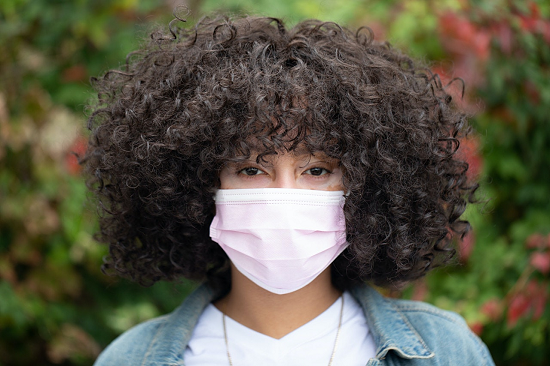
We still don’t know all there is to know about the coronavirus known as COVID-19. But, as Marla Ahlgrimm explains below, we know enough to accept that it is not always a short-term disease. There are numerous lingering side-effects that make this virus different from others in its family.
According to Marla Ahlgrimm, the coronavirus leaves many long-term symptoms in a significant portion of patients. Although the vast majority recover within just a few weeks, some people experience joint pain, shortness of breath, fatigue, cough, headaches, and memory issues from months after recovery. One common issue that may last for several months is the inability to taste or smell.
Even more alarming, severe cases of COVID-19 can cause significant damage to the heart, lungs, and brain. A portion of patients having caught the coronavirus early on continue to have damage to these organs. Some young people have experienced seizures and even strokes. Marla Ahlgrimm acknowledges that these are uncommon side-effects but are prevalent enough to warrant attention.
The coronavirus causes issues with blood vessels as well, says Marla Ahlgrimm. Some researchers believe that the virus does something to blood cells which makes them clot larger than normal.
 Another significant concern is how contracting and subsequently living through a critical case of the virus can have an effect on mental health. Marla Ahlgrimm explains the long-term anxiety, depression, and general moodiness are accepted side-effects of this type of trauma. She notes that some people may experience posttraumatic stress syndrome after having a severe case and being hooked up to a ventilator.
Another significant concern is how contracting and subsequently living through a critical case of the virus can have an effect on mental health. Marla Ahlgrimm explains the long-term anxiety, depression, and general moodiness are accepted side-effects of this type of trauma. She notes that some people may experience posttraumatic stress syndrome after having a severe case and being hooked up to a ventilator.

Marla Ahlgrimm maintains that social distancing and proper hygiene are the best ways to protect yourself and your family from the coronavirus. As yet, there is no vaccine, and it is up to each individual to take steps to reduce the spread of this continued global problem.
